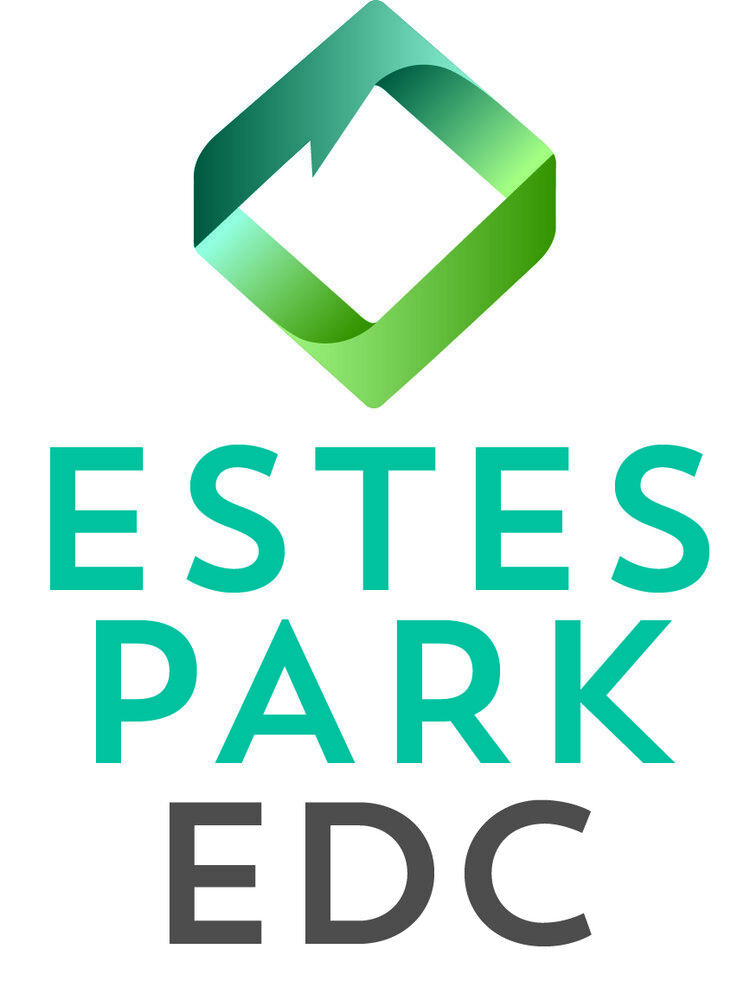Small towns thrive on relationships and trust. In 2025, business networking in small communities is evolving—local events are making a comeback, coworking hubs are emerging, and professionals expect follow-through, not just handshakes. Below are ten actionable tips, detailed explanations, and facts tailored for today’s realities.
Become a Core Member of Local Influencers
One of the fastest paths to trust and visibility is joining your local chamber, business alliance, or civic association. Show up consistently. Volunteer. Take on committee roles. Over time, you’ll become a familiar face, not an outsider dropping in.
Why it matters: In small markets, reputation spreads quickly. Showing up regularly gives you credibility, and people are more likely to refer or hire someone they recognize and respect.
What to do:
- Attend regular events (e.g. breakfasts, mixers, ribbon-cuttings)
- Volunteer for one committee (marketing, events, membership)
- Offer to host or organize something small, like a “60-minute spotlight session”
Treat Events as Opportunity, Not Expense
Rather than seeing events as costs or social obligations, treat each one as a pipeline stage. Your job is to take each connection one step further rather than collecting business cards.
Why it matters: In 2025, face-to-face conversations are regaining power. People prefer meeting someone in person before trusting or collaborating.
What to do:
- Before any event, set an objective (e.g. “meet two potential collaborators”)
- After the event, follow up within 24-48 hours with a tailored message
- Host micro-events yourself—dinners, “Ask Me Anything” sessions, casual panels
Leverage Coworking Spaces or Shared Hubs
Even small communities are seeing coworking and shared hubs crop up. These spaces become natural meeting places for freelancers, remote professionals, and entrepreneurs.
Why it matters: They concentrate talent and activity. You’ll run into people you wouldn’t otherwise meet.
What to do:
- Spend certain days/week in the coworking hub
- Offer free “office hours” in the space
- Volunteer to lead or host workshops there
Use LinkedIn as a Local Amplifier
LinkedIn is no longer just for big cities—it’s a powerful tool even in small towns when used with intention.
Why it matters: Your next collaborator or client is often just one or two connections away. A strong LinkedIn presence helps people find and trust you.
What to do:
- Publish one short local case study or insight each month
- Add 3–5 new local contacts weekly (with context, not cold pitches)
- Maintain an “About” section that clearly states what you do in your town or region
Build a Referral System, Don’t Rely on Random Leads
In a small community, word spreads fast. Systems ensure it spreads in your favor.
Why it matters: Unspecific referrals don’t stick. Structured referral requests yield better results.
What to do:
- After a project, ask: “Who else could benefit from this kind of work?”
- Keep a simple contact log or CRM to track who introduced whom
- Publicly (with permission) thank those who refer business
Share Local Intelligence Regularly
Become known as the person who brings fresh, relevant data or trends about your town or industry. That turns you from a vendor into a resource.
Why it matters: People talk; when you bring insight to conversations, they remember and trust you.
What to do:
- Publish a monthly “Local Snapshot” or “Main Street Report”
- Invite people for a coffee to explore those trends
- Share useful links, infographics, or mini-insights in local groups
Incorporate AI Tools to Scale and Personalize
Using AI-assisted drafting tools helps you stay responsive without burning out. But always add a personal touch.
Why it matters: As more small businesses adopt AI for marketing, your responsiveness and polish become distinguishing factors.
What to do:
- Use AI to draft follow-ups, then personalize before sending
- Turn conversation notes into clean summaries to share
- Use automation sparingly—for example, reminders or recurring check-ins
Be Realistic About the Local Economy
Small communities often feel both optimism and caution. Your networking should reflect that balance—push growth, but plan for challenges.
Why it matters: People resonate with authenticity. Offering joint promotions, shared risk projects, or co-marketing makes you a collaborator, not just a seller.
What to do:
- Create a “buy local campaign” with peer businesses
- Develop packages or bundles you can market jointly
- Share lessons from slow months openly—others will relate
Sponsor Heartbeat Moments, Not Just Big Splash Ads
Instead of focusing on large generic ads, invest in small, visible sponsorships where you can meet people in person and leave a human impression.
Why it matters: In small towns, people value face familiarity—seeing your name is one thing; shaking your hand is another.
What to do:
- Sponsor a youth sports team’s jerseys, or coffee at a regular gathering
- Host free workshops at the library or local café
- Offer your space, time, or expertise for community causes
Make Trust and Security Part of Your Identity
In small communities, reputation is everything. Presenting yourself as trustworthy—especially in how you protect data—is a differentiator.
Why it matters: When folks know you treat their information with care, they’re more comfortable referring or working with you.
What to do:
- Include a short “data protection” or “privacy statement” on your website or proposals
- Use basic security practices (multi-factor login, updated software)
- If you use digital tools, be explicit to partners that you safeguard their info
Quick Reference – 2025 Small-Community Networking Tactics
| Tip | Why It Matters (2025) | Immediate Action |
|---|---|---|
| Join & serve local associations | Visibility and trust are built through presence | Volunteer or attend 3 events/month |
| Treat events as opportunities | Face-to-face is regaining strength | Host micro-events; follow up fast |
| Use coworking or hubs | Concentrated talent in small towns | Hold office hours; lead workshops |
| Use LinkedIn locally | Extend your local brand beyond geography | Share case studies; connect intentionally |
| Formalize referrals | Random leads are inconsistent | Always ask for a specific intro |
| Share local insights | Add value, not just sell | Publish a “snapshot” monthly |
| Use AI tools smartly | Be efficient yet personal | Draft replies; personalize; automate small tasks |
| Reflect economic reality | Position yourself as a collaborator | Run joint promos; share lessons |
| Sponsor local moments | Personal presence beats logos | Sponsor events where you meet people |
| Build trust via security | Reputation lives beyond service | State your privacy standards explicitly |
Networking in a small community won’t look like the big city hustle—and that’s a strength. Your edge comes from consistency, service, and trust.
By anchoring yourself in local groups, hosting intentional events, leveraging AI wisely, and being explicit about your integrity and security, you can convert acquaintances into champions.
Start with two or three of these tips, stick with them for 90 days, and you’ll build a network foundation that supports growth for years.
If you like, I can also prepare a printable checklist or local network playbook for your town.
FAQs
What if my community doesn’t have a chamber or coworking hub?
Start something small yourself—maybe a monthly meetup at a café or the public library. Invite local business owners, craftspeople, or professionals. Over time, you may build momentum that becomes the de facto local network hub.
How do I balance being genuine with promoting my business?
Lead with help, insight, relationships first. Once someone trusts you, the business side comes naturally. Avoid heavy sales at initial meetings—focus on curiosity and listening.
Can AI feel cold or impersonal?
Yes—so always personalize before sending. Use AI for drafts, not final versions. Add a sentence referencing something specific from your conversation to show you listened.

